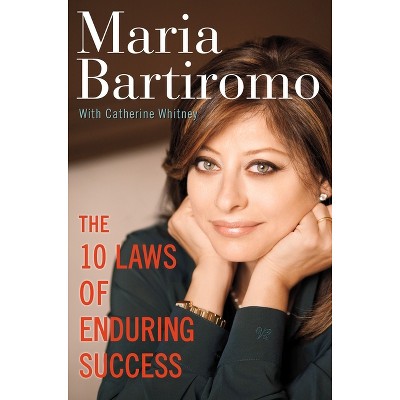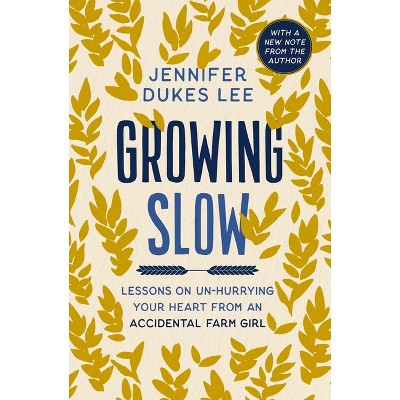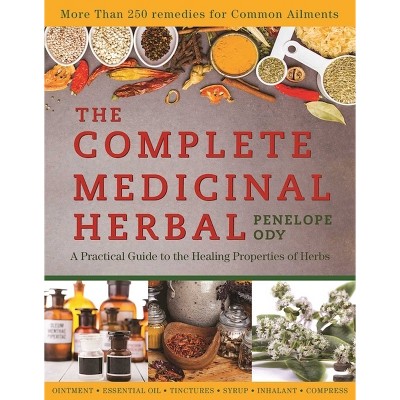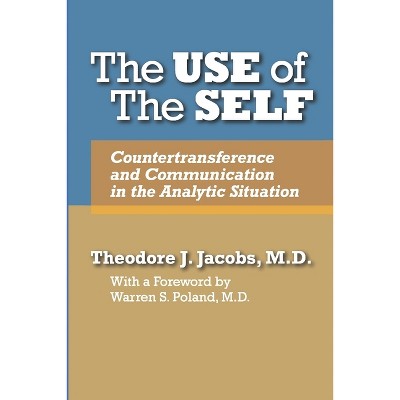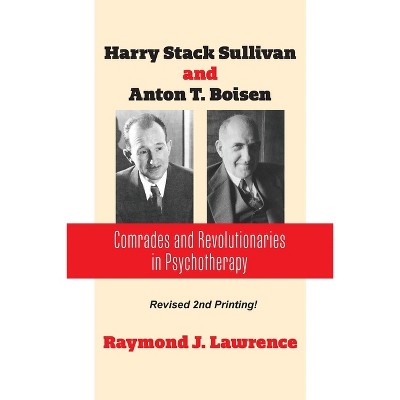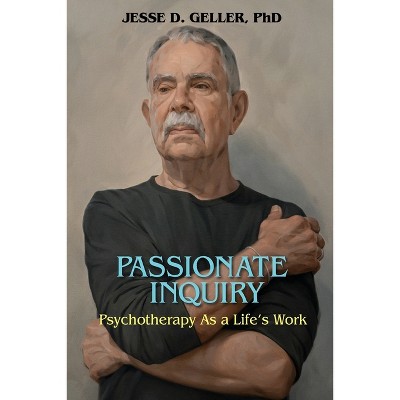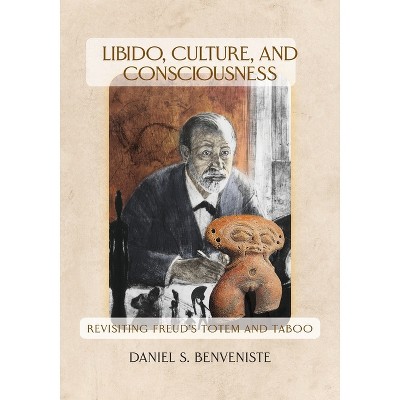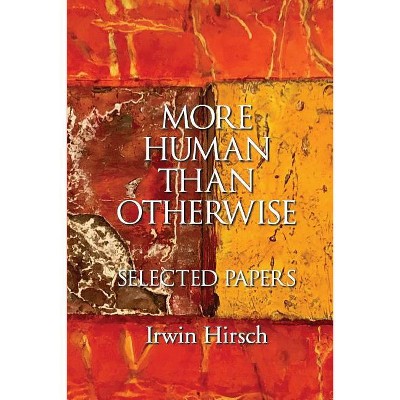Sponsored

The Loving Self - by Joseph Natterson (Paperback)
In Stock
Sponsored
About this item
Highlights
- Psychoanalytic practitioners know that the analytic situation is the best possible site for the emergence of love, for the study of all its ambiguities and uncertainties.
- Author(s): Joseph Natterson
- 130 Pages
- Psychology, Psychotherapy
Description
Book Synopsis
Psychoanalytic practitioners know that the analytic situation is the best possible site for the emergence of love, for the study of all its ambiguities and uncertainties. Analysis creates the space both for the expression and empathic understanding of the fears and desires, the longings and vulnerabilities, connected to many varieties of love, including the love of children for parents, parents for children, sibling love, love of mentors, love of ideas, causes, social movements, and not least the multiple spectrum of romantic love. No better milieu exists, I believe, for the investigation of the practices of love, for the multiple ways individuals are derailed by love, fulfilled by love, are made crazy for and about love. Love is fundamental, essential, and life affirming; yet after over 125 years of clinical work and theorizing, we lack an adequate theory and explanation for how love works.
This is precisely the objective of Joseph Natterson's new and audacious book, The Loving Self. He provides a theory for the praxis of therapeutic love.
Review Quotes
"Joseph Natterson's new and audacious book . . .
. . . provides a theory for the praxis of therapeutic love
. . . argues that the liberation of the loving self ought to be the goal and outcome of any therapy.
. . . includes many clinical vignettes illustrating his method of working to liberate the loving self.
. . . A short read, but a long think."
--David James Fisher, PhD, Psychoanalyst; European cultural historian; Training & Supervising Analyst, Institute
of Contemporary Psychoanalysis; Senior Faculty Member, New Center for Psychoanalysis, Los Angeles,
Author of Bettelheim: Living and Dying, Cultural Theory and Psychoanalytic Tradition, and
Romain Rolland and the Politics of Intellectual Engagement.
"The Loving Self is a path-breaking encounter with the vicissitudes of love as they express themselves in the psychotherapeutic process. In an original, compelling, deeply personal book, beautifully captured through clinical vignettes, Joseph Natterson reminds us that love, though often unintentionally obscured from our grasp, connects us to ourselves, to one anoth er, to the survival of our communities, and to the human race. The Loving Self stands alone in recentering psychoanalytic treatment as an aspiration, engaging both patient and therapist, to further liberate love, with the aim of helping one another establish deeper emotional ties to the interpersonal, social, political and environmental world that envelops us. Love, in the end, makes our worlds go round. A very
inspiring and important read!"
--Jeffrey Prager, PhD, Author of Presenting the Past, Psychoanalysis and the Sociology of Misremembering (Harvard), Co-Editor (with Anthony Elliott) of The Routledge Handbook of Psychoanalysis in the Social Sciences and the Humanities .
One measure of a good book is its affordance of independent thinking--its capacity to transform without converting. One feels drawn into a benign circle, solicited for one's own thoughts in a dialogue that transcends intellectual and technical allegiances, yielding constant insight and surprise. Reading experiences of this kind depend on the author's achievement of a certain simplicity that arises only from deep practical wisdom and eschews unnecessary clutter. The Loving Self is such a book. Natterson revitalizes the old question about the meaning and function of the analyst's interpretive attitude. His central concept of the loving self is enacted in the very structure of his writing, organizing the reader into a particular relational configuration reminiscent of Loewald's insight that love involves a commitment to the emotional growth of an other. Natterson's graceful touch adds zest to everything important in the analytic tradition.
--Charles Levin, PhD, Director, Canadian Institute of Psychoanalysis (Quebec English Branch),
Editor-in-chief, Canadian Journal of Psychoanalysis
Shipping details
Return details
Frequently bought together
Trending Non-Fiction



